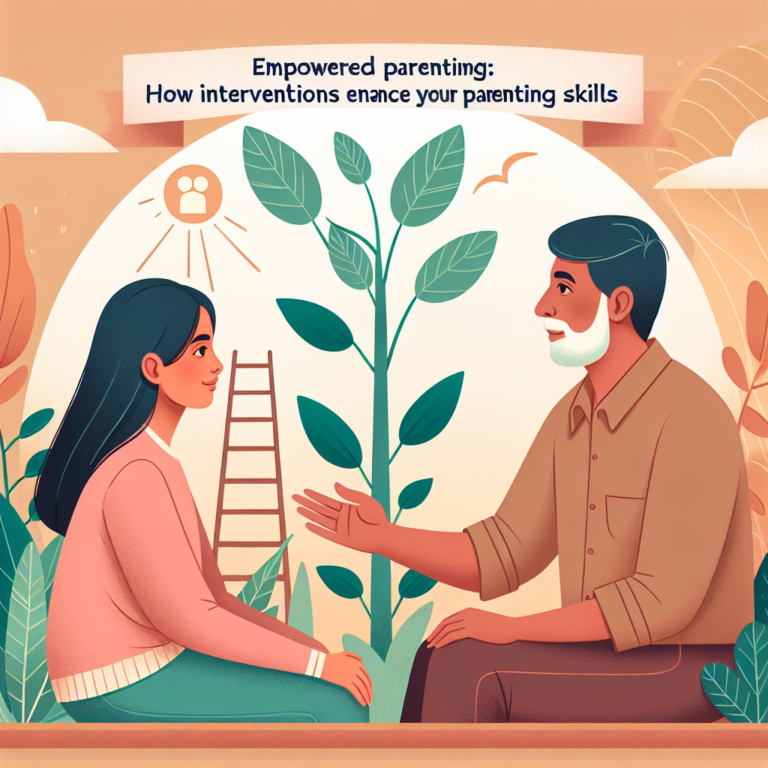
Introduction
The journey to recovery from substance abuse is fraught with challenges and obstacles. While individual determination and commitment are vital, the role of a solid support network cannot be overstated. Building a Support Network: The Collaborative Approach in Substance Abuse Counseling emphasizes that recovery is not a solitary endeavor; it requires a synergistic approach involving family, friends, counselors, and community resources. In this article, we will explore the essential components of building an effective support network, backed by valuable insights, real-world case studies, and actionable steps for both individuals struggling with addiction and their loved ones.
The Importance of a Support Network
A support network serves as a safety net during the tumultuous path of recovery, providing emotional, spiritual, and practical support. Studies show that individuals with a strong support system are more likely to achieve long-term sobriety compared to those who go it alone. For example, the American Journal of Public Health highlights that a diversified support network can help reduce relapse rates significantly.
Emotional Support
Emotional support is a cornerstone of recovery. Friends and family who understand the struggles of substance abuse can provide a listening ear, offering encouragement and empathy during difficult times.
Practical Support
Practical support may come in various forms, including:
- Transportation to Meetings: Helping individuals get to counseling or support meetings.
- Job Placement Assistance: Navigating employment opportunities that are conducive to sobriety.
- Childcare Services: Ensuring that responsibilities don’t overwhelm someone in recovery.
Spiritual Support
For many, spirituality plays a significant role in healing. Support networks—including faith-based groups—can provide individuals with a sense of purpose and hope.
Strategies for Building a Support Network
Identify Your Core Support Team
The first step in Building a Support Network: The Collaborative Approach in Substance Abuse Counseling is identifying who will make up your core support team. This may include:
- Family members
- Close friends
- Counselors and therapists
- Recovery coaches
To illustrate this, consider the case of Jane, a 32-year-old recovering addict who enlisted her mother, best friend, and therapist as her core support team. Their varied perspectives provided her with emotional and practical support, aiding her recovery process significantly.
Engage Community Resources
Community resources are invaluable assets in recovery. Programs such as Narcotics Anonymous (NA) or Alcoholics Anonymous (AA) offer group support and lifelong friendships with those who share similar experiences. A case study on the NA website shows that participants report enhanced recovery outcomes when involved in community meetings.
Utilize Technology for Support
In today’s digital age, technology can aid in building a support network. Apps like Sober Grid and WEconnect allow individuals to connect with others in recovery, providing a platform for sharing experiences, challenges, and victories.
| Technology Tools | Benefits |
|---|---|
| Sober Grid | Connects users for encouragement |
| WEconnect | Facilitates reminders and check-ins |
| Online Forums | Provides anonymity and support |
Foster Open Communication
Honesty and open dialogue are fundamental. Encourage regular check-ins to discuss progress, setbacks, and feelings. A transparent environment builds trust and helps maintain motivation among network members. As exemplified in Mark’s story, he and his partner established a weekly "check-in" dinner that served as a space for emotional sharing, keeping them aligned on recovery goals.
Case Studies
Case Study 1: A Family-Based Approach
Susan and her family faced the aftermath of her addiction. Instead of isolating her, they pursued counseling together, creating a space for open communication and understanding. Through family therapy, they developed strategies to support Susan’s recovery while healing their own emotional wounds.
Analysis: This case underscores the importance of a collaborative approach. Family involvement can aid in breaking down communication barriers, fostering a more robust support network.
Case Study 2: Peer Mentorship Model
In a local rehabilitation center, peer mentors supported individuals in recovery. John, a former addict, used his experiences to guide newcomers, offering hope and practical advice. His role not only benefited the mentees but also reinforced his own commitment to sobriety.
Analysis: Peer mentorship serves as another pillar in building a support network, showcasing the power of shared experiences. It creates a dual benefit—helping both mentor and mentee while strengthening community ties.
Creating a Positive Support Environment
Set Healthy Boundaries
While support is crucial, it is vital to set boundaries to maintain healthy relationships. Inform family and friends about your needs, and encourage them to express their feelings honestly as well. This two-way communication can strengthen the overall support system.
Celebrate Small Wins
Acknowledging progress, no matter how small, can boost morale. Celebrate milestones such as completing treatment, attending meetings, or maintaining sobriety for specific durations. This practice reinforces positive behavior and fosters a sense of accomplishment.
Conclusion
Building a Support Network: The Collaborative Approach in Substance Abuse Counseling is an essential strategy for achieving lasting recovery. By engaging family, friends, community resources, and technology, individuals can foster an environment conducive to healing and growth. Each component of support, from emotional to practical, contributes significantly to the journey of sobriety.
As you navigate your recovery journey or support someone on this path, remember that building a support network isn’t a task to check off. It’s a lifelong commitment that requires nurturing, trust, and open communication. So, take heart and find your tribe; together, you are stronger.
FAQs
1. What is the role of a support network in recovery?
A support network provides emotional, practical, and spiritual assistance, helping individuals navigate the complexities of substance abuse recovery.
2. How can family members support someone in recovery?
Family members can engage in open communication, encourage participation in support groups, and foster a safe, non-judgmental environment.
3. Are online support groups effective?
Yes, many individuals find online support groups beneficial as they offer anonymity and allow connections with others in recovery.
4. How can someone with a busy schedule build a support network?
Utilize technology to access online meetings, connect with peers, and set reminders for check-ins that fit into a busy lifestyle.
5. What should I do if someone in my support network relapses?
It’s crucial to remain supportive and encourage them to seek help again. Open discussions about feelings and concerns can strengthen the relationship and aid recovery efforts.
By following these principles and strategies outlined in the article, anyone can begin Building a Support Network: The Collaborative Approach in Substance Abuse Counseling for themselves or a loved one, paving the way for a brighter, substance-free future.















